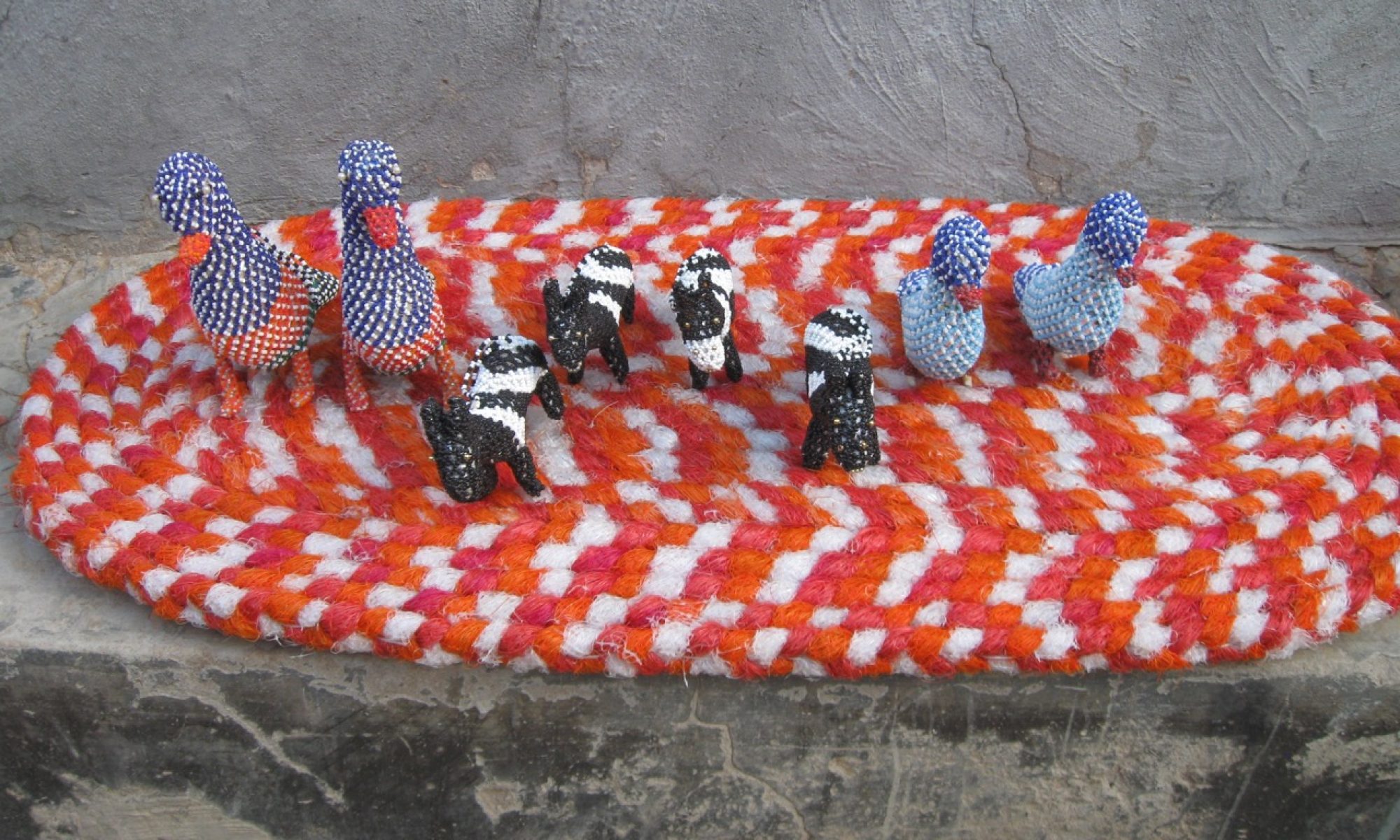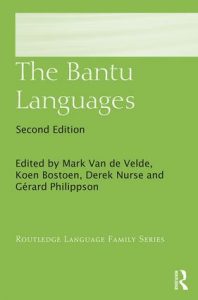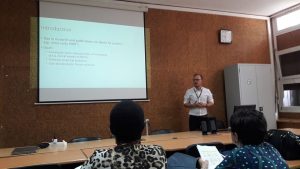Peter Mabena (UNISA) and I co-authored an article entitled “Time, space, modality, and (inter)subjectivity: Futures in isiNdebele and other Nguni languages“, which has just been published in the South African Journal of African Languages 39(3): 291–304. I have free e-prints that I can share, so please contact me if you would like access!
Abstract: Perhaps more than any other tense, expressions of futurity are intricately linked with modality: the future is inherently uncertain. This article explores the outcomes of future markers grammaticalised from ‘come’ and ‘go’ in isiNdebele and several other South African Nguni Bantu languages, and shows that their semantic and pragmatic functions can mark contrasts in time, space, and modality, and can be used both subjectively (communicating speaker stance) and intersubjectively (communicating information about the relationship between speakers). Multiple factors influence the choice and interpretation of isiNdebele future markers in different contexts. These factors can all reasonably be traced to developments from ‘come’ and ‘go’, but the semantic and pragmatic force of these markers differs significantly, depending on context. Because different contrasts are emphasised in different contexts, there is significant functional overlap of ‘come’ and ‘go’ futures, despite their different origins and cognitive frames. Cross-linguistic distinctions are observed in the systems of future marking across South African Nguni languages, suggesting that even in a group of closely related languages that are often in heavy contact with one another, significant semantic and pragmatic differences can be maintained.



